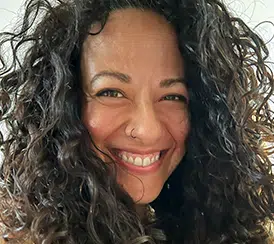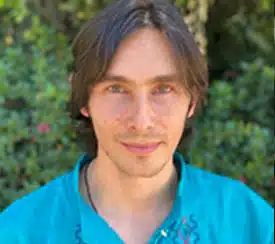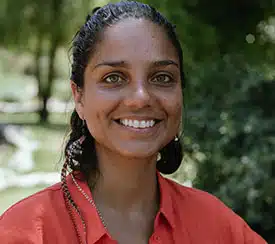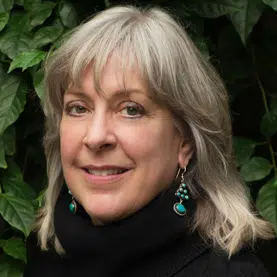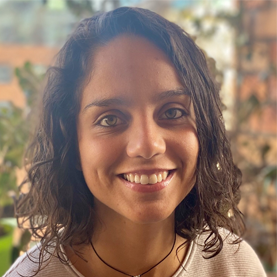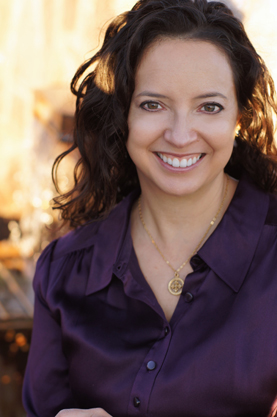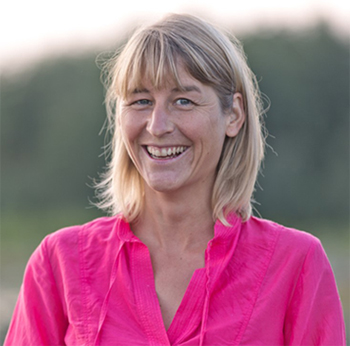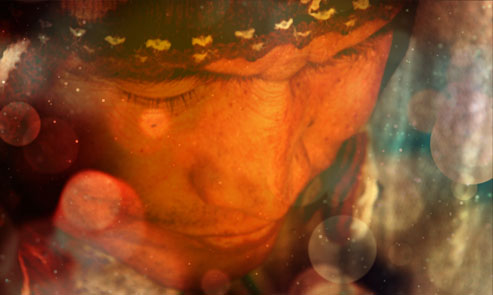 The Laika were astronomers, architects, physicians, and seers able to read the signs of destiny. They believed that every great creation in the physical world is first dreamt into being, like an architectural blueprint drawn in the invisible world. They dreamt of cities in the clouds, and their architects built Machu Picchu. They dreamt of turning the dry deserts into fertile fields and their engineers built aqueducts to achieve this. Their dreams fostered peace and the science of healing with plants in ancient civilizations like Monte Verde, in Chile, that thrived approximately 16,000 years ago, before any of the early Americans could have come across the Bering Straits from Eastern Siberia.
The Laika were astronomers, architects, physicians, and seers able to read the signs of destiny. They believed that every great creation in the physical world is first dreamt into being, like an architectural blueprint drawn in the invisible world. They dreamt of cities in the clouds, and their architects built Machu Picchu. They dreamt of turning the dry deserts into fertile fields and their engineers built aqueducts to achieve this. Their dreams fostered peace and the science of healing with plants in ancient civilizations like Monte Verde, in Chile, that thrived approximately 16,000 years ago, before any of the early Americans could have come across the Bering Straits from Eastern Siberia.
Later they dreamt of Caral, a metropolis in the Peruvian desert that flourished 5,000 years ago. Before the great pyramids at Giza were built, Caral was a thriving citadel with more than 20,000 inhabitants. No trace of battlements, weapons, fortifications, walls to keep enemies at bay, mutilated bodies, or other evidence of warfare have been found at Caral. The Laika conjured a civilization dedicated to pleasure, art, wisdom, commerce, and worship. The inhabitants of Caral were poets and musicians. They lived a dream of peaceful and profitable relations with their neighbors.
Sacred dreams spawn great civilizations. When you find your sacred dream and taste the power of the Primordial Light, you are compelled to share it, to give it away freely. The Primordial Light grows within you only to the degree that you give it away to others. I call this the great giveaway. The dream is given away freely and everyone has to contribute their part to bring it to fruition.
Few sacred dreamers remain today. People are hoarding the flicker of the light that they have, afraid that someone might steal their fire. Many of today’s teachers are reluctant to share their secrets. The giveaway is hardly practiced anymore.
In contrast, the village people of the Andes live the principle of the giveaway in their everyday affairs. The word used to describe it is ayni, which scholars loosely translate from the Quechua as “reciprocity,” meaning “today for you, tomorrow for me.”
Earthkeeper medicine practices are based on the idea that we must realign ourselves with nature and come back into balance, and then our natural health will return. When we’re in ayni, physical, mental, and emotional health is our birthright.
The giveaway is what makes the shaman a gifted healer. She is not giving of herself and her medicine in measure to what she is paid for her services. She is giving all of herself, employs all of her power, and uses all of her medicine, and when at the end of the healing session the patient asks how much is owed, the answer of the Laika is always, “Whatever you can offer me.” This is the shaman’s understanding of the giveaway that expects nothing in return and gratefully accepts whatever is offered.
In its most profound sense, ayni means sharing the generosity of the Primordial Light, which is boundless and expects nothing in return. And while folk wisdom establishes a practical mutualism between people, its higher sense is one of giving without expecting anything back.
Ayni is the basis for all Andean shamanism. When we attain ayni, the universe reciprocates our every action and mirrors our intent back to us, just as we are a mirror to others. In ayni, we live in synchronicity.
When we are in ayni, we are in right relationship with nature, and we don’t have to fear it. For the Laika, there’s no difference between being killed by a panther or by a microbe. When we’re in ayni, we’re no longer part of that food chain.
When we are in ayni, we are at home in the in the lush garden of the divine. It is only our inability to perceive it makes us feel like outcasts. If we’re to experience paradise, we have to feel it in every cell and bone in a sacred way, from the level of Hummingbird.
I share with you something that my mentor, Don Manuel shared with me. This quote is from my book Island of the Sun, which I wrote with Erik Jendresen:
“We begin by making ayni out of primitive superstition—to “please the gods.” Later, we make ayni out of habit, as part of a ceremony. These forms of ayni are performed out of fear or convention, not out of love. Eventually we make ayni because we must, because we feel it here”—he touched his breast. “They say that only then is ayni perfect, but I believe that ayni is always perfect, that our world is always a true reflection of our intent and our love and our actions.”
